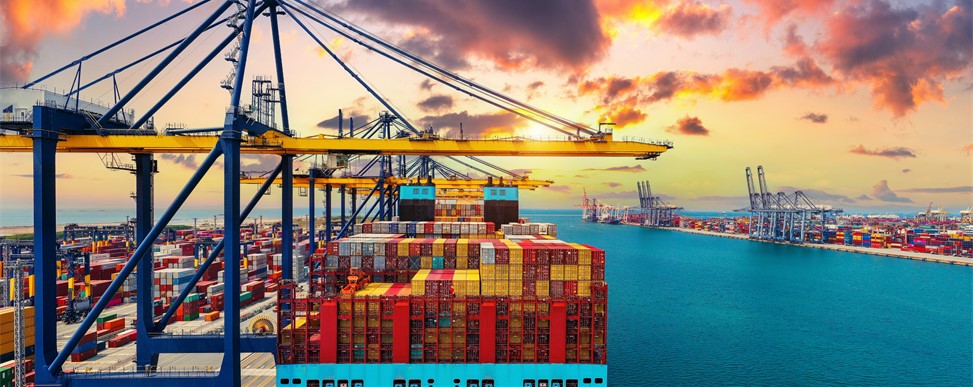
In today’s global marketplace, shipping and delivery services play a crucial role in the supply chain. Companies operating within this sector are subject to a complex web of legal responsibilities and liabilities. Understanding these obligations is vital for businesses to manage risks, comply with regulations, and ensure efficient service delivery. Here we delves into the major legal frameworks governing shipping and delivery services, explores common liabilities, and provides guidance on compliance and risk management.
Regulatory Framework
The legal landscape for shipping and delivery services is shaped by both international and national laws. Internationally, conventions such as the United Nations Convention on the Carriage of Goods by Sea (the Hamburg Rules) and the Convention on the Contract for the International Carriage of Goods by Road (CMR) set out the rights and obligations of parties involved in the transportation of goods across borders. Nationally, laws vary but generally include regulations on transportation safety, customs and import regulations, employment, and environmental standards.
Carriage of Goods
One of the primary areas of legal responsibility in shipping and delivery pertains to the carriage of goods. Laws and conventions typically address issues such as the rights and obligations of shippers and carriers, documentation requirements, and limitations on liability. For instance, under the Hamburg Rules, a carrier is liable for the loss, damage, or delay of goods unless they can prove that they took all measures that could reasonably be expected to avoid the occurrence and its consequences.
Contractual Obligations
Contracts are fundamental to shipping and delivery …




